Rabbit farming in New Zealand has been a popular industry for centuries and is still strong today. The rabbits are reared for their meat, pelts, fur, and medicinal purposes. In addition, rabbit farming provides an alternative income source for some New Zealand farmers with limited land resources.
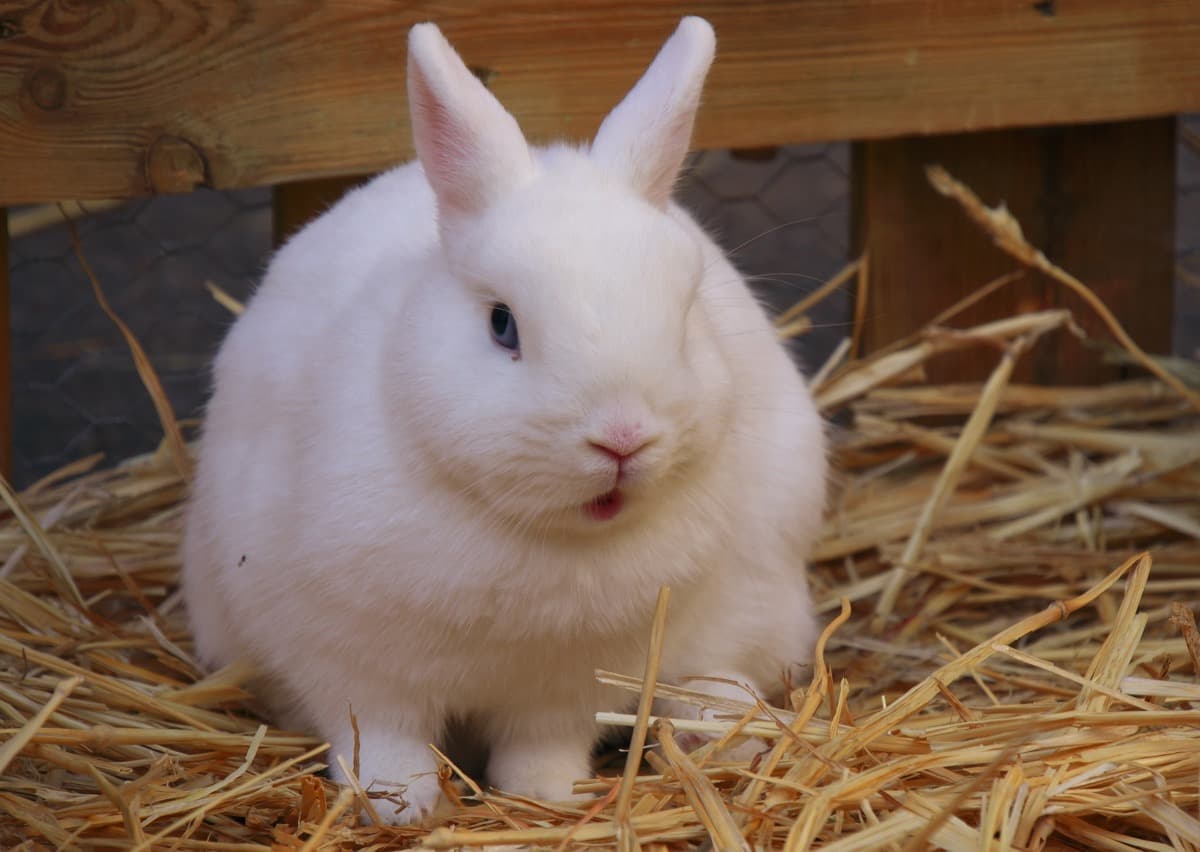
How to start Rabbit farming in Newzealand
What is Rabbit farming?
Rabbit farming is raising rabbits for meat, fur, or fiber. Rabbits are a popular choice for small-scale farmers and homesteaders because they require less space and less feed than other livestock. They can also be easily managed with simple housing and fencing.
Rabbit farming importance in New Zealand
- Rabbit farming is a relatively new industry in New Zealand but is growing rapidly. The main reasons for this are the low start-up costs, high returns, and the fact that rabbits are easy to keep and manage.
- Rabbit farming is an important part of New Zealand’s economy. The meat is exported to markets worldwide, and the fur is used to make clothing, blankets, and other products. Rabbit farming also employs many people in rural communities.
- Rabbits are a sustainable food source and fur, and their farming contributes significantly to New Zealand’s economy. For these reasons, rabbit farming is an important industry in New Zealand that should be supported.
Requirements for Rabbit farming in New Zealand
- Firstly, you need land that is appropriate for farming rabbits. The land should be well-drained and have plenty of space for the rabbits to move around.
- Second, you need to build a shelter for the rabbits. The shelter should be made of sturdy materials and be large enough to house the rabbits comfortably.
- Third, you need to purchase or build cages for the rabbits. The cages should be big enough for the rabbits to move around in and should be placed in a sheltered area.
- Finally, you need to buy food and water containers for the rabbits.
In case you missed it: Top 50 Rabbit Farming Tips, Ideas, and Techniques
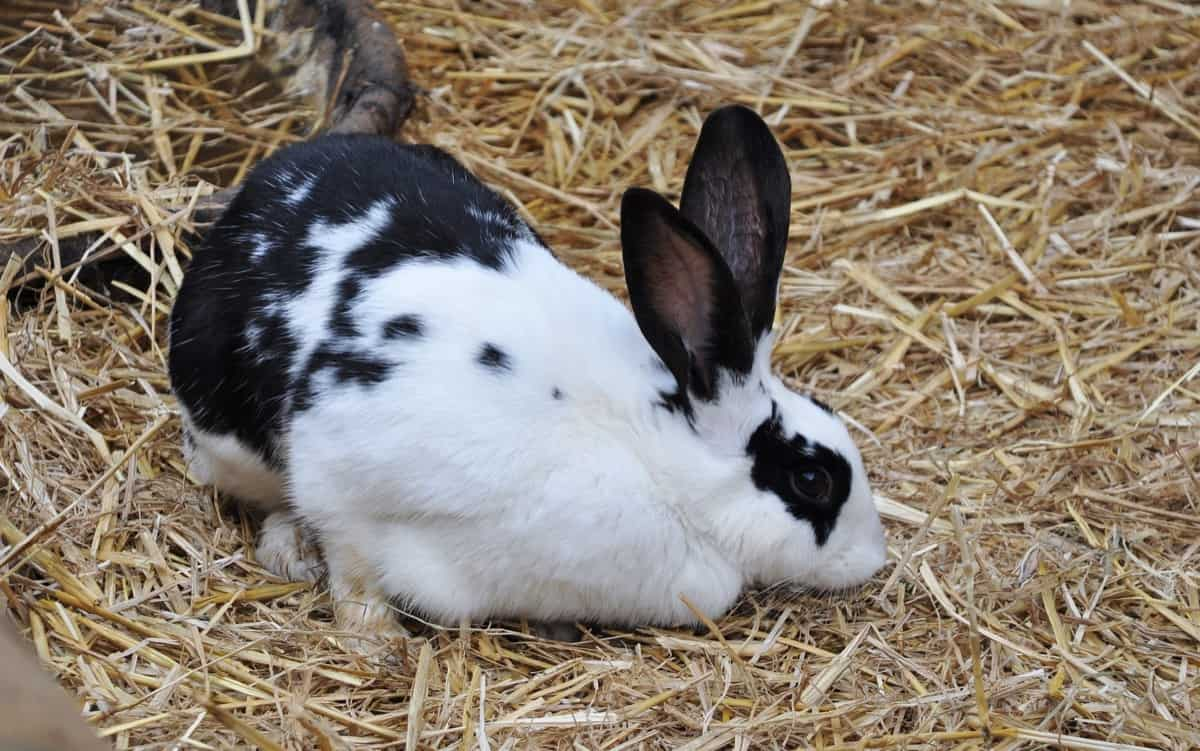
Small scale Rabbit farming in New Zealand
- The first point you need to do is decide what type of rabbits you want to raise. There are many different breeds of rabbits, each with its unique characteristics. Do some research and pick the breed that best suits your needs.
- Once you have chosen your breed, it’s time to start building your rabbitry. Firstly, you will need basic supplies, such as cages, food and water dishes, bedding, and hay. These items can be purchased at your local pet store or online.
- Rabbits need plenty of space to exercise and play, so your farm should be in an open area with good drainage. Many housing types are available for rabbits, from simple hutches to elaborate indoor cages.
- It is important to buy healthy stock from a reputable breeder. This will help reduce the risk of disease and other health problems on your farm. In addition, all new stock should be quarantined before being introduced to the main herd. This ensures that any diseases or parasites they carry do not spread to the rest of your rabbits.
- Rabbits need a diet of hay, pellets, vegetables, and water. They should also have access to fresh air and exercise. Therefore, a good management regime is essential for any successful rabbit farm. This includes regular cleaning and disinfection of housing, feeding the rabbits a nutritious diet, providing fresh water daily, and monitoring for signs of illness or injury.
How to care for Rabbits?
- Feeding: Good quality hay should make up most of your rabbit’s diet as it is essential for their digestive health. Supplement their diet with fresh vegetables and a small number of pellets.
- Housing: Provide your rabbits with a spacious hutch that is well-ventilated and has plenty of room to move around. Line the hutch with newspaper or straw and change it regularly.
- Exercise: Your rabbits must have enough opportunity to exercise to keep them fit and healthy. A large run or playpen is ideal; ensure it is safe and secure so they can’t escape.
- Health: Keep an eye on your rabbit’s health and seek veterinary advice if you notice any changes in their behavior or appearance. Vaccinations are available for common diseases affecting rabbits, so talk to your vet about this option.
Rabbit breeds available in New Zealand
Rabbits have been farmed in Israel for centuries. Many different types of rabbits are farmed in Israel, each with its unique history and purpose. Some other important Rabbit breeds are European Rabbit, Syrian Mountain Hare, Cottontail Rabbit, Californian, New Zealand White, the Holland Lop, Black New Zealand, Broken New Zealand, and the Rex.
In case you missed it: How this Farmer Made 1 Lakh from Rabbit Farming – A Success Story
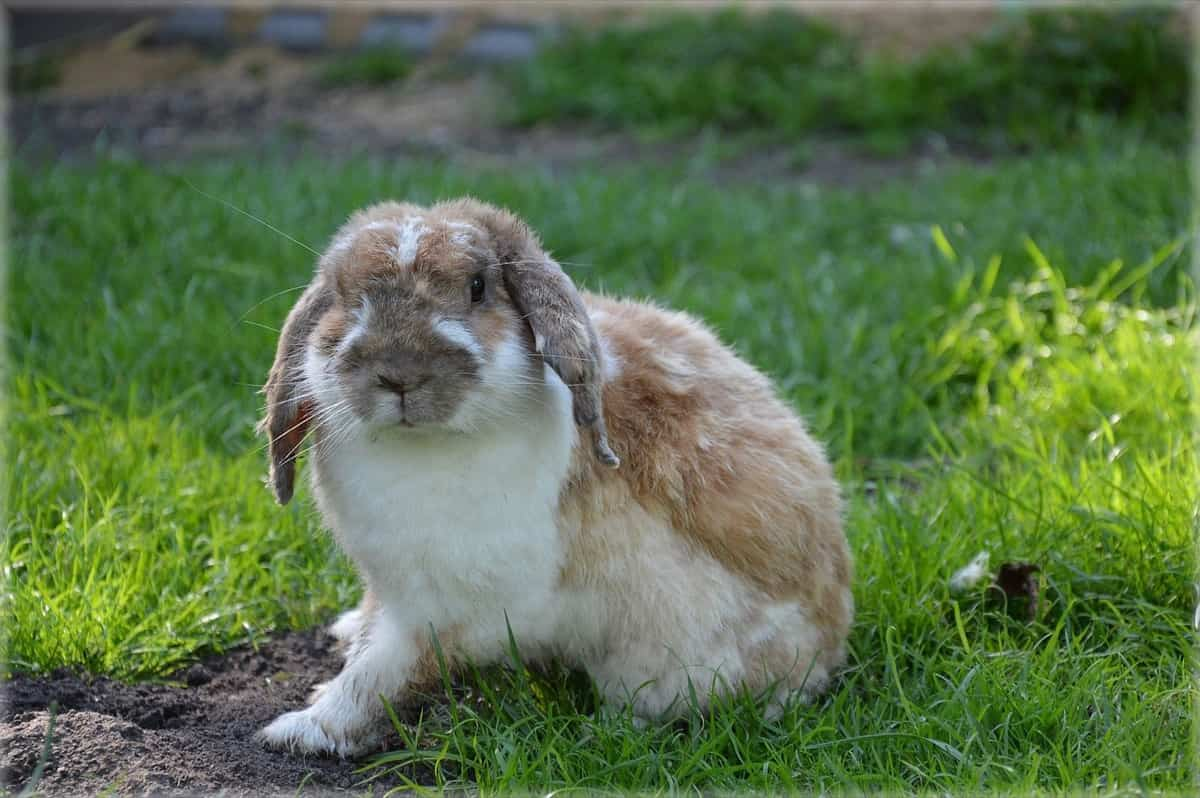
Rabbit farming areas in New Zealand
Rabbit farming in Israel is mostly found in the Northern and Southern parts. However, the main rabbit farming states in New Zealand are Canterbury and Otago, which produce over 90% of the country’s rabbits. Today, approximately 100 commercial rabbit farms are in operation across New Zealand, most of which are located in Canterbury and Otago.
Is Rabbit farming profitable in New Zealand?
Yes, rabbit farming can be profitable in New Zealand. Rabbit meat is a healthy, lean protein gaining popularity among health-conscious consumers. Additionally, rabbits are relatively easy and inexpensive to raise, making them a good option for small-scale farmers looking to turn a profit.
Rabbit production methods in New Zealand
- Cage systems are the most common method of rabbit production in Israel. Rabbits are kept in cages typically made of wire mesh and are fed a diet of pellets. This production system is efficient and allows for easy management of rabbits.
- Floor systems are less common, but some farmers use them. In this system, rabbits are kept on a floor made of concrete or dirt. They may be fed a diet of hay or grass, and they may have more freedom to move around than in a cage system. This system can be more labor-intensive, but it may be better for the rabbits’ welfare.
The future of Rabbit farming in Israel
Rabbit farming in Israel has a bright future. The country has a strong demand for Rabbit meat, and there is a growing interest in Rabbit breeding. There are already many successful Rabbit farms in Israel, and the industry is expected to grow significantly in the coming years.
- Strong demand for Rabbit meat: It is very popular in Israel, and there is a growing demand for it. This is the growing awareness of Rabbit meat’s health benefits and unique flavor.
- The growing interest in Rabbit breeding: More and more people are interested in breeding Rabbits for commercial purposes and as pets. This is contributing to the development of the Rabbit farming industry in Israel.
- Successful Rabbit farms: There are already many successful Rabbit farms in Israel that provide high-quality meat and rabbits for breeding. These farms are helping to set the standards for the industry and pave the way for its future growth.
- Government support: Israel recognizes the Rabbit farming industry’s potential and supports its development. This includes providing financial assistance to farmers and investing in research and development.
- Ideal climate: The climate in Israel is ideal for Rabbits, with warm summers and mild winters. This makes it possible to rear Rabbits all year round, which is essential for a successful commercial operation.
In case you missed it: How to Start Rabbit Farming in the Philippines: Business Plan, Profit, Subsidy, Loans, and Requirements
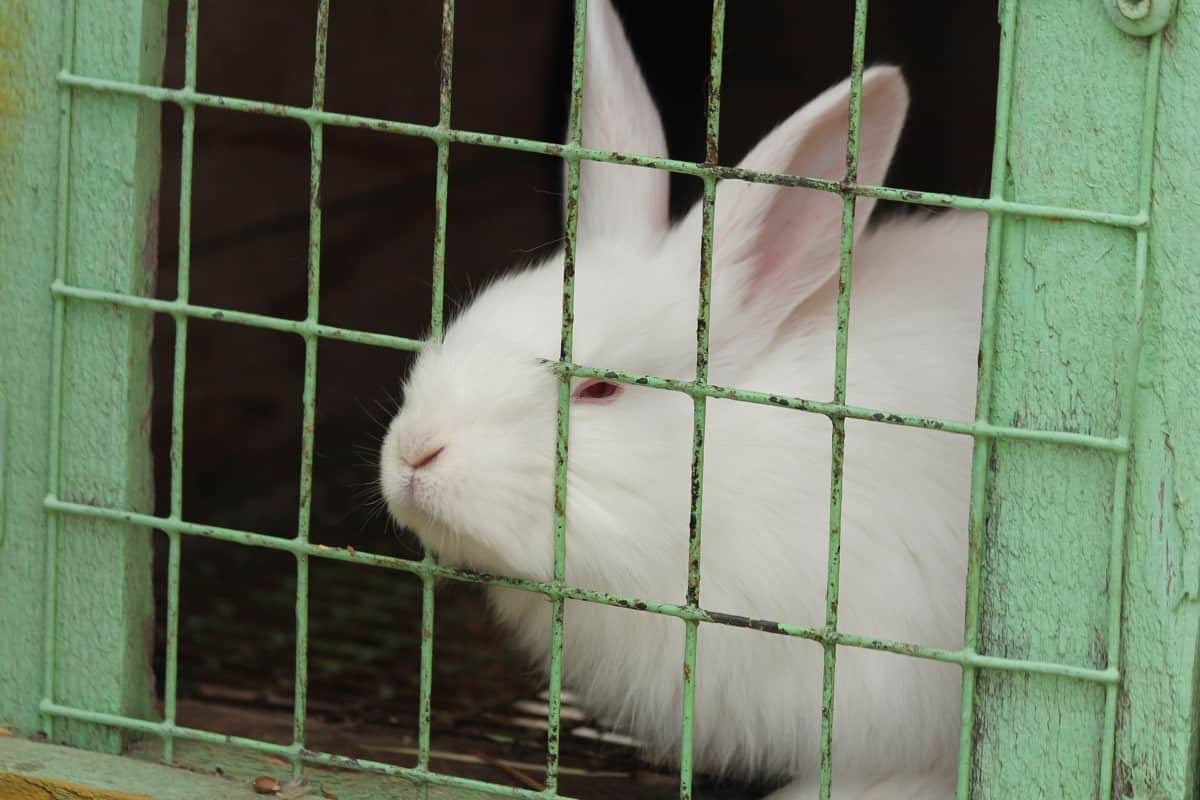
Steps to start Rabbit farming business plan in New Zealand
- Decide if you want to farm meat rabbits or pet rabbits.
- Choose the right breed for your purposes.
- Find a good location for your rabbit farm.
- Build or buy the necessary housing and equipment for your rabbits.
- Stock your farm with rabbits of the chosen breeds.
- Feed and care for your rabbits properly.
- Keep records of your rabbitry activities, including births, deaths, sales, etc.
- Market your rabbits and their products effectively.
- Be prepared to deal with common health problems in rabbits.
Feeding tips for Rabbit farming in New Zealand
- Make sure you have good quality hay available for your rabbits at all times. This will provide them with the necessary fiber and nutrients they need.
- Supplement their diet with fresh vegetables and fruits. This will not only provide them with additional nutrients but will also help keep them entertained and stimulated.
- Choose a high-quality pellet food that is specifically designed for rabbits. Avoid giving them foods high in sugar or salt, as this can harm their health. Always provide fresh, clean water for your rabbits to drink.
Key rules to start Rabbit farming in New Zealand
- Firstly, you’ll need to obtain a permit from the Ministry for Primary Industries.
- Secondly, your rabbits must be kept in cages that meet strict biosecurity requirements.
- Finally, you’ll need to register your farm with the Rabbit Industry Board.
Rabbit farming loans and subsidies in New Zealand
The New Zealand government offers a variety of loans and subsidies to farmers, including those who farm rabbits. Rabbit farming loans are available through the Agricultural Finance Corporation (AFC), a government-owned organization that provides financing to farmers. The AFC offers both short-term and long-term loans for rabbit farmers. In addition, the government also offers subsidies for rabbit farmers through the Ministry for Primary Industries (MPI). The MPI provides subsidy payments to farmers who produce rabbits for meat or fur.
Rabbit farm problems in New Zealand
- Disease: One of the biggest problems affecting Rabbit farms is a disease. There are several diseases that rabbits can contract, which can often be fatal. Some more common diseases include myxomatosis, rabbit hemorrhagic disease, and pasteurellosis.
- Pests and predators: Another big problem that Rabbit farmers face is pests and predators. Rabbits are often preyed upon by stoats, weasels, and ferrets. They can also be affected by several different pests, including mites, fleas, and ticks.
- Poor quality feed: Another issue that Rabbit farmers face is poor quality feed. This can often lead to malnourishment in rabbits, weakening their immune system and making them more susceptible to disease.
In case you missed it: How to Start Rabbit Farming in the Netherlands: Business Plans, Breeds, Cost, Profit, and Management
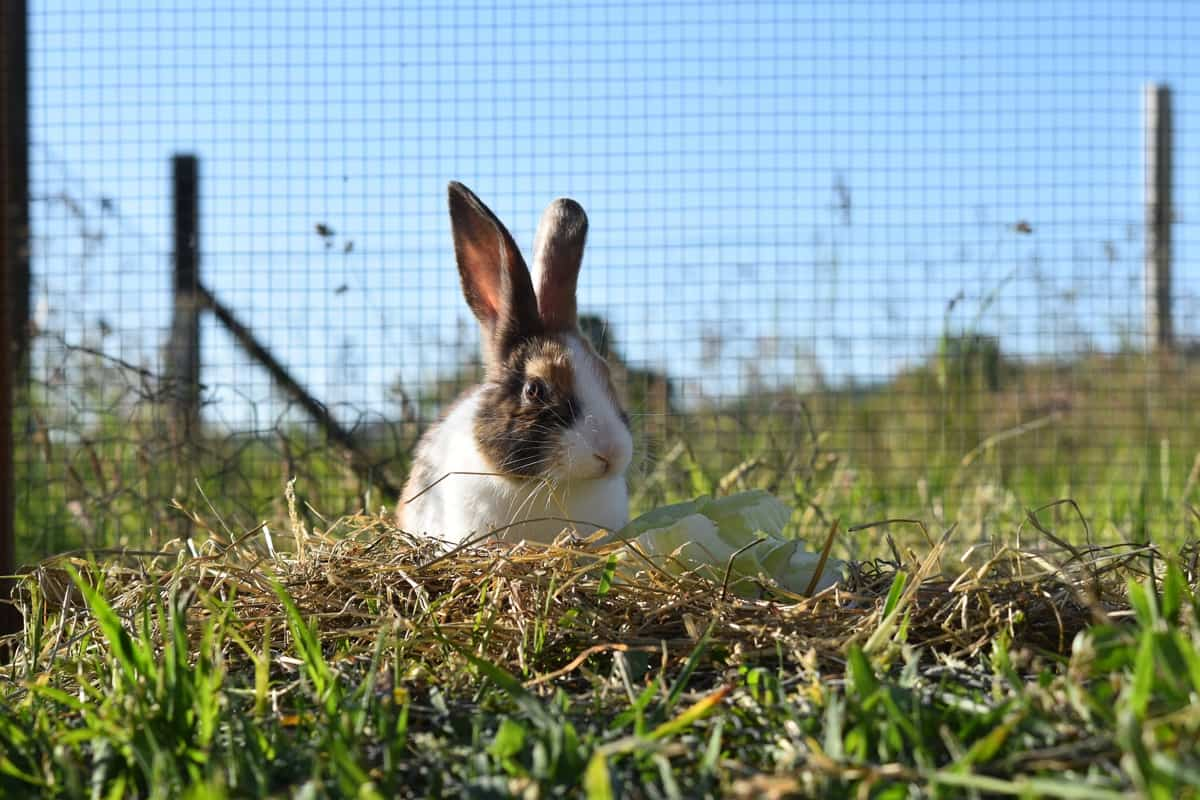
Care and management of Rabbit Farm in New Zealand
- Rabbits are versatile animals, adaptable to various climatic conditions and able to be farmed intensively or extensively. They have a high reproductive rate, producing up to 12 offspring per year, and grow quickly to market weight.
- Rabbits can be kept in cages, hutches, or fences and fed a diet of pellets, hay, vegetables, and water. However, they require regular handling and interaction to socialize and prevent boredom.
- Farmers need to be aware of the health risks associated with rabbits, including disease (such as myxomatosis), parasites (such as mites), and predators (such as stoats). Good management practices will help to minimize these risks.
- Rabbits can contribute to farm incomes, particularly when prices for other livestock are low. They are also an environmentally friendly option for those looking for an alternative to traditional farming methods.
Rabbit farming challenges in New Zealand
- Rabbit farming in New Zealand can be a challenging endeavor. The climate in New Zealand can be variable, with hot summers and cold winters. This can make it difficult to maintain a consistent temperature for rabbits. They also require a lot of space to run around and exercise, so finding suitable land can be tricky.
- Several predators, such as stoats, weasels, and hawks, can pose a threat to rabbits. These animals can kill rabbits for food or simply because they view them as a threat. Therefore, taking measures to protect your rabbits from these hazards is important.
- Finally, another challenge of rabbit farming in New Zealand is a disease. Because rabbits are kept in close quarters, they are susceptible to diseases that can spread quickly through a population. This means that farmers must be vigilant about keeping their rabbits healthy and preventing the spread of disease.
What do rabbits need to be healthy and productive?
Rabbits are relatively easy to care for but need certain things to be healthy and productive. They need a diet that consists of hay, fresh vegetables, and pellets. They also need plenty of water, access to a safe place to exercise, and regular veterinary check-ups. Providing your rabbits with these basic needs will help them lead happy and healthy lives. Keeping them clean and free of parasites will also help them stay healthy and productive.
In case you missed it: How to Start Rabbit Farming in Israel: Key Rules, Business Plan, Breeds, Cost, Profit and Management
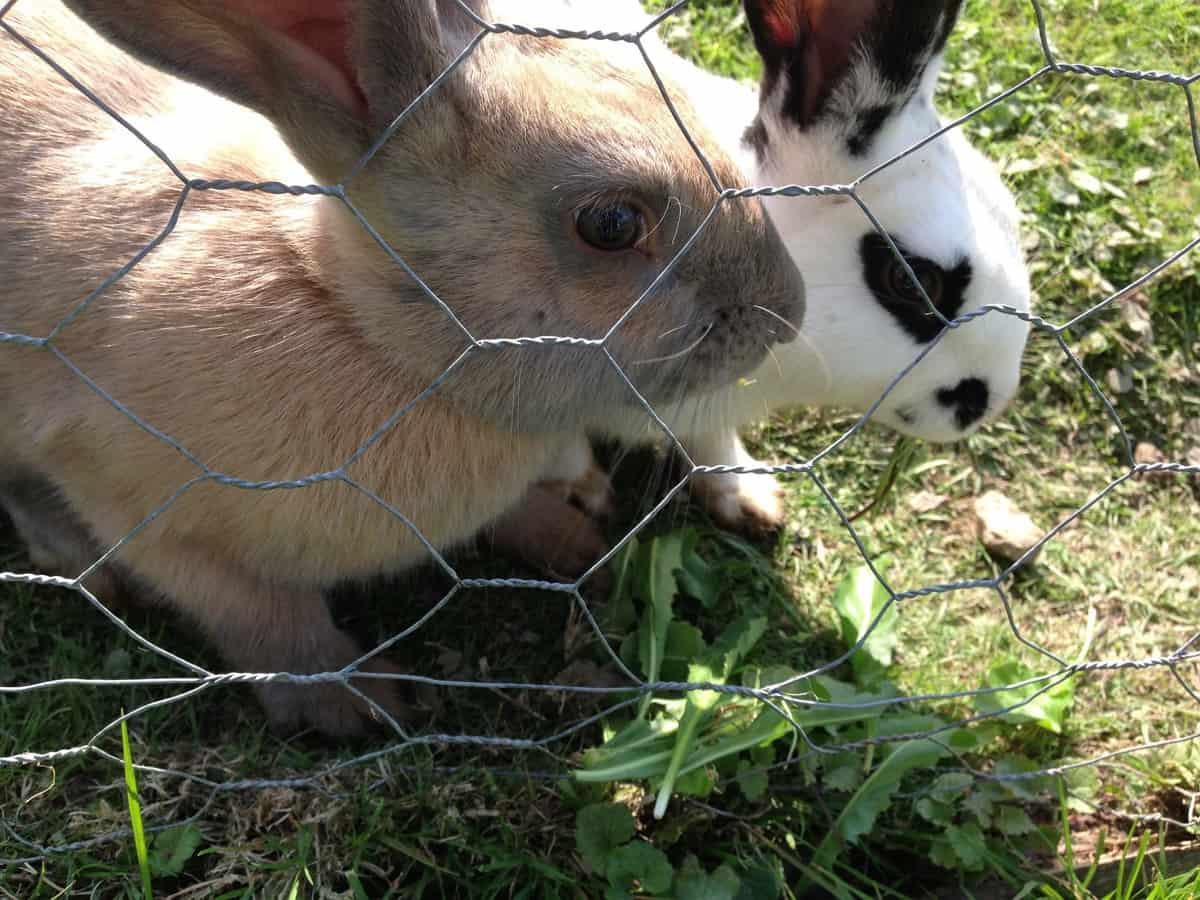
Rabbit farm set-up cost in New Zealand
The average set-up cost for a small-scale rabbit farm in New Zealand is $500. This includes the cost of cages, Rabbit feeders, water bottles, and other necessary equipment.
Conclusion
New Zealand is home to a wide range of farming industries. The demand for rabbit meat and fur has been growing steadily in recent years, with New Zealand becoming a major producer of rabbit products.
- Types of Pesticides Used in Agriculture: A Beginner’s Guide
- Economical Aquaculture: A Guide to Low-Budget Fish Farming
- 15 Common Planting Errors That Can Doom Your Fruit Trees
- How to Make Houseplants Bushy: Effective Tips and Ideas
- Innovative Strategies for Boosting Coconut Pollination and Yield
- Pollination Strategies for Maximum Pumpkin Yield
- The Complete Guide to Chicken Fattening: Strategies for Maximum Growth
- Natural Solutions for Tulip Problems: 100% Effective Remedies for Leaf and Bulb-Related Issues
- Revolutionizing Citrus Preservation: Towards a Healthier, Greener Future
- Natural Solutions for Peony Leaf and Flower Problems: 100% Effective Remedies
- Maximizing Profits with Avocado Contract Farming in India: A Comprehensive Guide
- Natural Solutions for Hydrangea Problems: 100% Effective Remedies for Leaf and Flowers
- The Ultimate Guide to Choosing the Perfect Foliage Friend: Bringing Life Indoors
- From Sunlight to Sustainability: 15 Ways to Use Solar Technology in Agriculture
- The Ultimate Guide to Dong Tao Chicken: Exploring from History to Raising
- The Eco-Friendly Makeover: How to Convert Your Unused Swimming Pool into a Fish Pond
- Mastering the Art of Delaware Chicken Farming: Essentials for Healthy Backyard Flocks
- 20 Best Homemade Fertilizers for Money Plant: DIY Recipes and Application Methods
- How to Craft a Comprehensive Free-Range Chicken Farming Business Plan
- Brighten Your Flock: Raising Easter Egger Chickens for Beauty and Bounty
- How to Optimize Your Poultry Egg Farm Business Plan with These Strategies
- Subsidy for Spirulina Cultivation: How Indian Government Schemes Encouraging Spirulina Farmers
- Ultimate Guide to Raising Dominique Chickens: Breeding, Feeding, Egg-Production, and Care
- Mastering the Art of Raising Jersey Giant Chickens: Care, Feeding, and More
- Ultimate Guide to Raising Legbar Chickens: Breeding, Farming Practices, Diet, Egg-Production
- How to Raise Welsummer Chickens: A Comprehensive Guide for Beginners
- How to Protect Indoor Plants in Winter: A Comprehensive Guide
- Ultimate Guide to Grow Bag Gardening: Tips, Tricks, and Planting Ideas for Urban Gardeners
- Guide to Lotus Cultivation: How to Propagate, Plant, Grow, Care, Cost, and Profit
- Agriculture Drone Subsidy Scheme: Government Kisan Subsidy, License, and How to Apply Online
- Ultimate Guide to Raising Araucana Chickens: Breed Profile, Farming Economics, Diet, and Care
- Bringing Hydroponics to Classroom: Importance, Benefits of Learning for School Students
- Ultimate Guide to Raising Polish Chickens: Breed Profile, Farming Economics, Diet, and Care
- Ultimate Guide to Raising Australorp Chickens: Profile, Farming Economics, Egg Production, Diet, and Care
- Silkie Chicken Farming: Raising Practices, Varieties, Egg Production, Diet, and Care
- Sussex Chicken Farming: Raising Practices, Varieties, Egg Production, Diet and Care
Hello!!
Useful blog. Thank you for sharing with us.